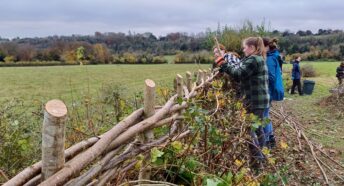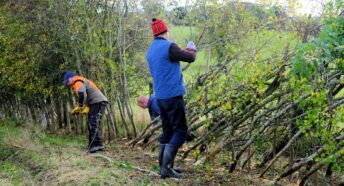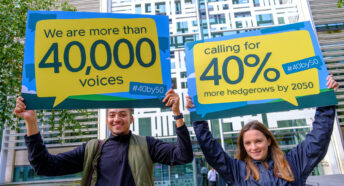Farmers want funding for more nature-boosting hedgerows, our survey shows
A survey of more than 1,100 farmers reveals strong support for the government to increase our hedgerow networks, and properly fund the target of 40% more hedgerows by 2050.
Findings from our survey show that farmers see the benefits of hedgerows on their land. In fact, farmers saw the nature-boosting attributes of hedgerows as the greatest benefit, followed by others such as providing crop shade and attracting pollinators and pest predators. On top of this, more than half of farmers recognise that hedgerows enhance the beauty of the countryside. However, for most of the 1,100 farmers surveyed by Farmers Weekly (on behalf of CPRE), lack of funding is by far the biggest obstacle to planting and maintaining hedgerows.
Key findings
Responses to the survey represent a broad cross section of farmers and land managers working across all regions, types and sizes of farm business. Key findings include:
- the vast majority (86%) of farmers say that hedgerows are important to them and their business
- overall, six in ten have planted some hedgerows in the past 10 years
- 70% cited cost as the biggest barrier to planting hedgerows
- 70% would plant more hedgerows with improved government incentives
- 86% see wildlife habitat/nature corridors as the top benefit of having hedgerows
- massive support (80%) for a new government target of 40% more hedgerows by 2050
Click here for the video transcript.
The popularity of hedgerows among farmers suggests they could become a torchbearer of the government’s new Environmental Land Management schemes (ELMs). The new schemes promise public money for public goods. But, over the past few weeks ELMs has been under review. Most farms across the country have some hedgerows, making them an ideal entry point to the new land management schemes. But, the government needs to deliver practical funding options that complement current farming practices.
The value of hedgerows
Tom Fyans, interim chief executive of CPRE, said:
‘Farmers could not have been clearer about the value they place on hedgerows – they really care about supporting wildlife and nature on their land. The government needs to tap into their enthusiasm by using ELMs to provide simple, accessible schemes that support farmers to look after their hedgerows for everyone’s benefit.
‘The hedgerow network, in its expanse, is our largest ‘nature reserve’. It provides forage, shelter and shade for animals; habitat for pollinators and pest predators; and absorbs carbon emissions while helping prevent both drought and flooding. That’s why CPRE is calling on the government to commit to the target of 40% more hedgerows by 2050.’
Nature’s treasure trove
Wilfred Emmanuel-Jones MBE, a farmer on the Devon-Cornwall border, says:
‘Hedgerows are nature’s treasure trove; they’re one of the greatest pleasures of living in the countryside and need to be nurtured. Wildlife navigates what looks like an impenetrable network of plants and foliage with ease. Hedgerows provide a year-round habitat for nesting or hibernation and a ready supply of food, as well as much needed shade and shelter for livestock.
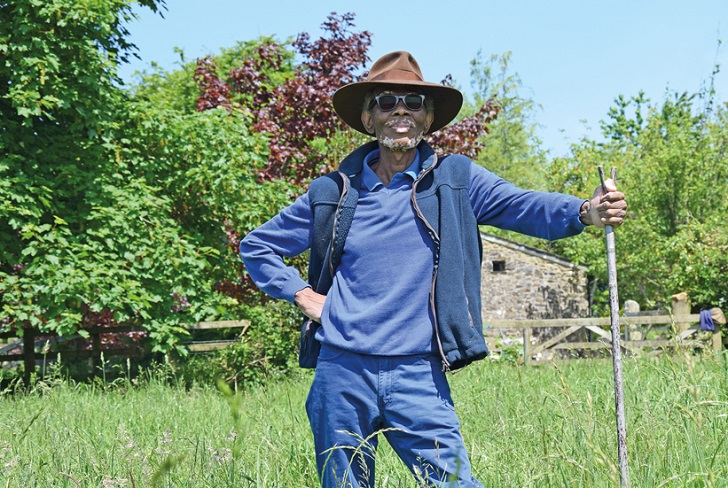
‘Historically hedgerows were planted as a barrier or to mark a boundary between parcels of land or neighbouring properties, but they are so much more. Sensitively managed, they are multi-functional and, for me, add to the beauty of the countryside. We all need to find ways to protect nature and the environment as we face the effects of climate change. If increasing the extent of UK hedgerows by 40% by 2050 can be part of that change, it certainly has my vote and support.’
CPRE recommends the government explores private funding, such as hedgerow carbon credits, or water companies wanting to improve water quality. These schemes could help support farmers fund a major hedgerow planting programme. Ministers are well placed to channel public and private funding to help farmers invest in their hedgerows. The benefits would be felt widely in terms of farming, landscapes, nature recovery and carbon capture.
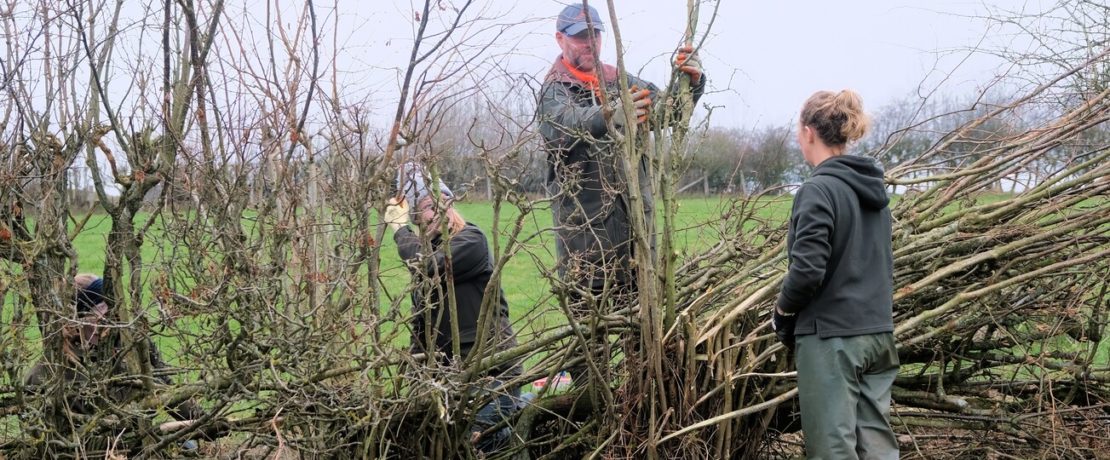



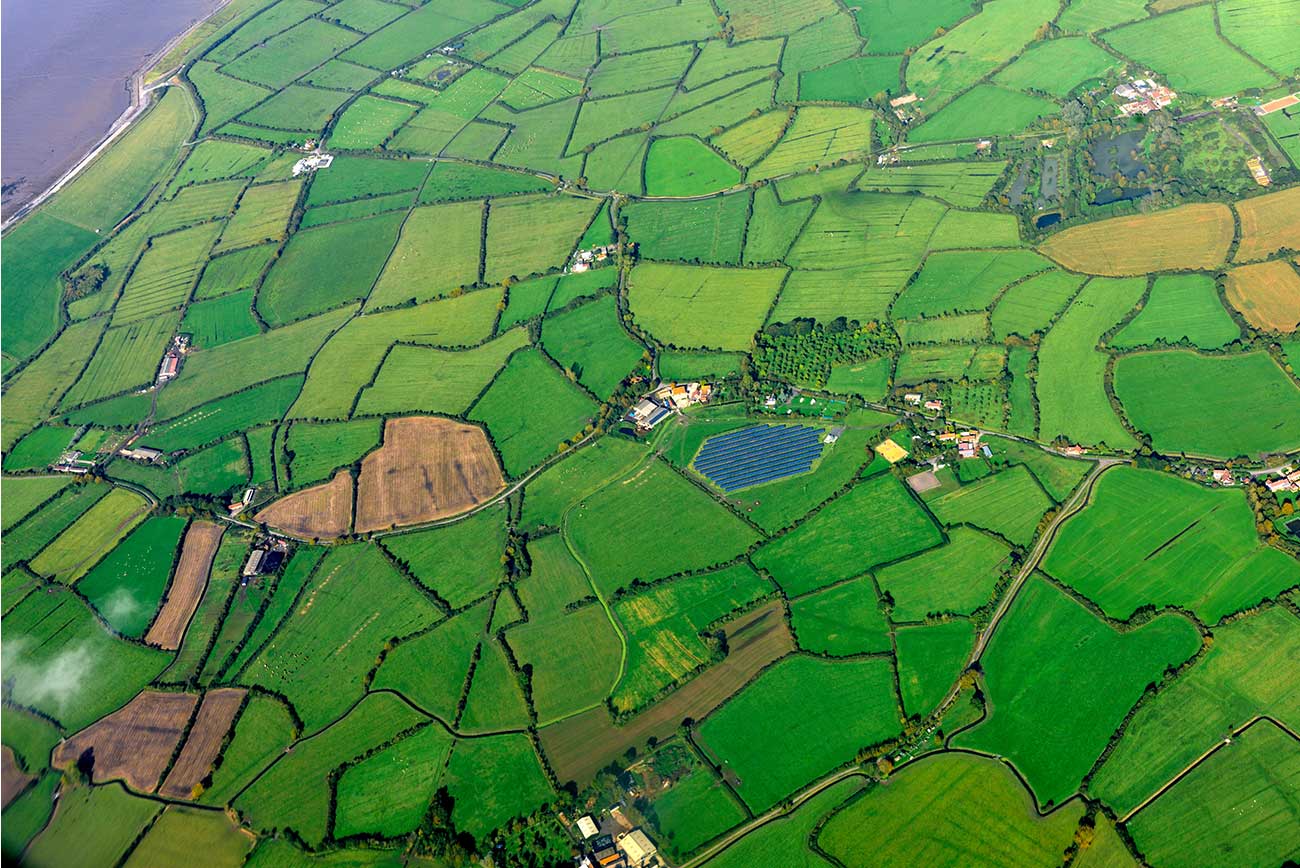
 10 min read
10 min read 